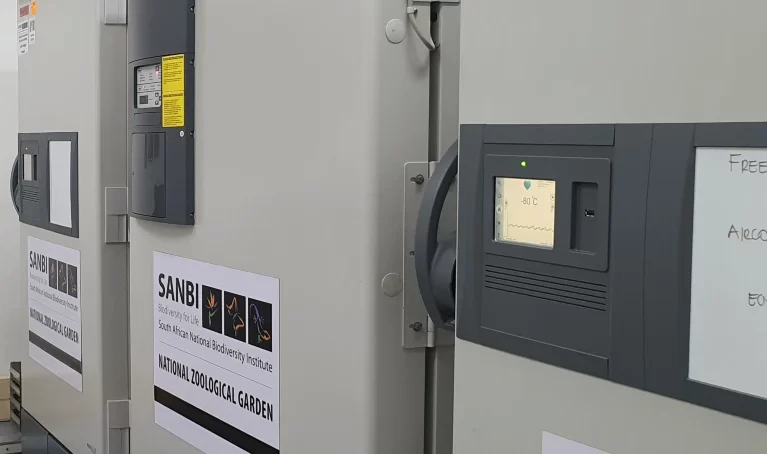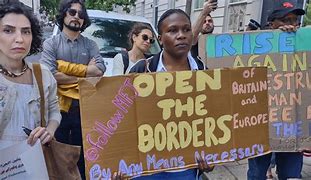
More than a million biodiversity samples, collected over the past 20 years, have a new home in a central repository, Biodiversity Biobanks South Africa (BBSA), bringing together seven institutions and 22 different biobanks previously scattered across South Africa to conserve and manage biodiversity samples.
The biobanks include seed banks, DNA banks, collections of frozen animal tissues and microbes, which are mostly bacteria and fungi. They represent the diversity of plants, animals and microbes, including local varieties or breeds of crops and livestock, says Michele Hamer, BBSA project head based at the South African National Biodiversity Institute (SANBI) Pretoria, South Africa.
“They are a type of insurance for the future and a source of potentially useful genes for crop and livestock improvement bioprospecting and biotechnology, such as developing new medicines or foods or soil enhancers,” Hamer told Nature Africa.
The BBSA will facilitate collaboration, bringing the staff of participating biobanks together to work on issues of quality assurance for the samples and materials, to promote the value of the biobanks, and increase access to materials for innovative research and development.
Biobanks previously worked largely in isolation, without a professional body that brought staff together to collaborate or share knowledge or resources. There were no common standards or practices to ensure that the samples were prepared and cared for, and no agreed-on policy for access to the samples and for ensuring benefits for the country and the institutions.
Currently, South Africa has no training programme for biodiversity biobank curators or technicians. Also, the existence and importance of biodiversity biobanks is not well known or recognised.
“In most cases scientists who collect samples for their research discard them once they have finished their analyses rather than depositing them in a recognised biobank,” Hamer says.
Research and innovation manager, Anita Burger, whose Institute of Microbial Biotechnology and Metagenomics at the University of the Western Cape holds more than 3,900 samples says “the collection holds huge potential for future research.”
While collecting biodiversity samples permits is complicated, the BBSA network has drafted a policy on access which the individual biobanks can use as a guide.
Ntanganedzeni Mapholi, an animal genomics scientist at the University of South Africa and co-chair of the African BioGenome Project (AfricaBP), says the launch of a centralised repository in South Africa is a particularly significant development for the whole of the African continent.
“We hope that such development will provoke centralised biobanks or a network of repositories across other African countries,” she says.
- A Nature Africa report











